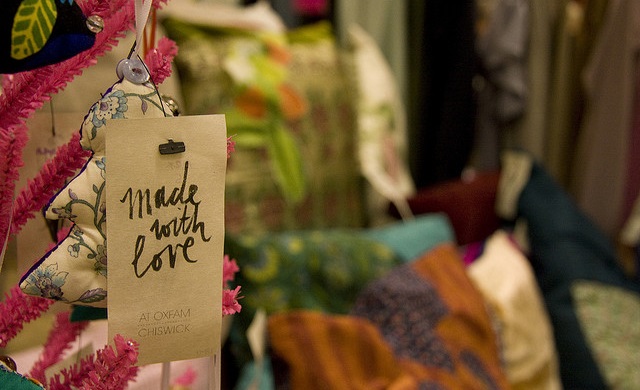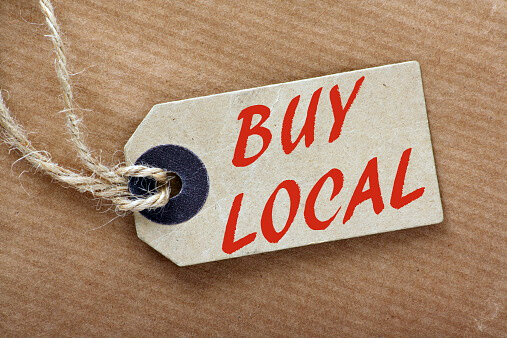How To Be A Conscious Consumer
Research the supply chain
Ethical consumerism is on the rise as more people become conscious of humanity’s effects on the environment and their power as consumers within the capitalist model. In short, demand affects supply. If there is a demand for products that harm the environment and exploit workers, there will also be a supply for them; conversely, if there’s more demand for ethical products the supply will increase and offer the world a net gain. This is the idea behind ethical consumerism, but it only works if we research the supply chain of brands to ensure we are sponsoring ethical companies.
Buy products that last

One of the biggest problems the world faces is not consumption as such, but waste. In particular, the waste from mass-produced products that are made from cheap, environmentally harmful materials. Plastic, for instance, can take many years to break down, and when it does, it enters the food chain causing illness to animals and humans. Our ancestors had the right idea when they made useful items that stood the test of time – archaeologists are still uncovering medieval crockery. If you buy products made from quality materials instead of cheap ones, they will reduce the cost of the item over time and reduce your waste output.
Support ethical products
Becoming a conscious consumer, like Loretta Kryshak, is all about supporting the manufacture and sale of products that are ethically produced. This can mean many things. It can mean products made by workers who receive a fair wage for producing the goods, or items made with the environment in mind – many ethical products are now made using sustainable natural materials. Sometimes it means products that are made locally or that don’t use harmful chemicals. A truly ethical product will have these concerns at the heart of its process and should present it clearly on the item.
Buy local where possible
 Between 2013 and 2015 the demand for goods that were shipped internationally rose, increasing fuel consumption by 7 million tins and contributing to greenhouse gas emissions at a time when it should be decreasing. A probable cause of this increase is the ease of internet shopping and the efficiency of international shipping. That is why becoming a conscious consumer, and buying products locally is so important. The shorter the supply chain is, in general, the fewer greenhouse gas emissions go into the atmosphere. Furthermore, shopping locally supports the local economy.
Between 2013 and 2015 the demand for goods that were shipped internationally rose, increasing fuel consumption by 7 million tins and contributing to greenhouse gas emissions at a time when it should be decreasing. A probable cause of this increase is the ease of internet shopping and the efficiency of international shipping. That is why becoming a conscious consumer, and buying products locally is so important. The shorter the supply chain is, in general, the fewer greenhouse gas emissions go into the atmosphere. Furthermore, shopping locally supports the local economy.
Be conscious of waste
Being a conscious consumer is all about making the right choices, and when it comes to food, it’s best practice to buy and eat only what you need. In the US, 40% of food is thrown away every year, which is not only irresponsible, but it contributes to carbon emissions. Think about what you actually eat in a day or a week and only by enough to support that. Similarly, if you are dining out, buy reasonable portions that you are likely to finish. Don’t forget to buy the misshapen vegetable in the supermarket too, they might look a bit funny, but they taste just the same. If you buy them, they won’t go to waste.


